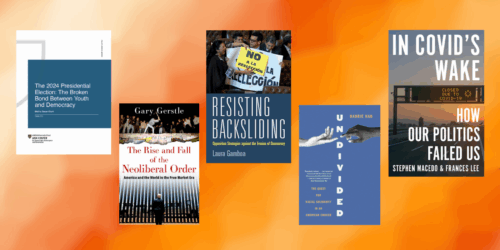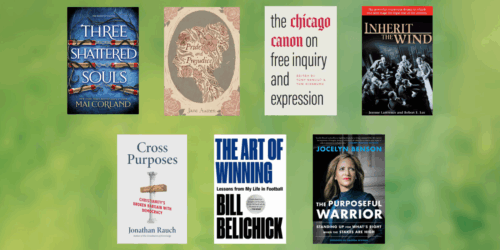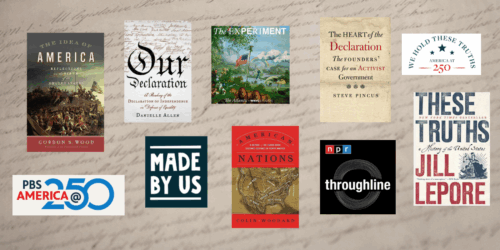
Commentary
In Appearance Before Congress, Bruce Schneier Raises Concerns about DOGE Data Handling Practices
In a warning to lawmakers, cybersecurity expert Bruce Schneier testified before the House Committee on Oversight and Government Reform, sharply criticizing the Department of Government Efficiency’s (DOGE) handling of federal data. Describing DOGE’s security protocols as dangerously inadequate, Schneier warned that the agency’s practices have put sensitive government and citizen information at risk of exploitation by foreign adversaries and criminal networks.


